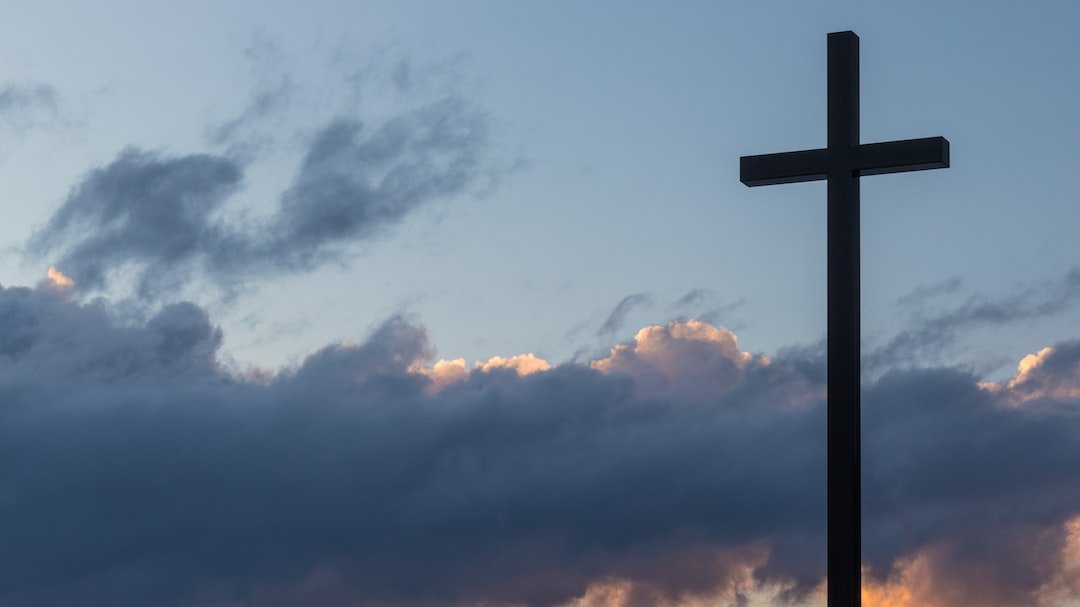The Intersection of Religion and Politics: Examining Controversies and Challenges
The intersection of religion and politics has always been a topic of contention, and it continues to stir up controversies and challenges in societies worldwide. Both religion and politics play pivotal roles in shaping the beliefs, values, and behaviors of individuals and communities. Hence, it is only natural that these two spheres should intersect and influence one another. However, this intersection is far from smooth, as debates surrounding religion and politics often ignite heated disagreements and pose complex challenges that can be difficult to navigate.
One of the primary controversies arising from the intersection of religion and politics is the question of religious influence on governance. Many countries grapple with the idea of a secular state, where religious institutions are kept separate from the affairs of the government. This poses challenges when religious principles clash with political ideologies. For instance, issues such as same-sex marriage, abortion, and gender equality are frequently points of contention, with religious groups often vehemently opposing progressive policies on the basis of their moral or religious beliefs. These clashes highlight the difficulty of striking a balance between respecting religious freedom and ensuring social progress.
Another challenge that arises from the intersection of religion and politics is the potential for religious extremism and radicalization. Political leaders sometimes exploit religious sentiments to gain support or justify their actions. This manipulation of religious beliefs can lead to increased polarization, alienation, and even violence. Instances of terrorism committed in the name of religion demonstrate the dangers of mixing religion and politics without caution. Countering radicalization and promoting tolerance and inclusivity become crucial tasks for governments and society when dealing with the intersection of religion and politics.
Furthermore, the intersection of religion and politics raises concerns regarding the treatment of religious minorities. In communities where a particular religion holds significant sway, adherents of other faiths may face discrimination, persecution, or marginalization. This challenges the ideal of religious freedom and poses difficulties for religious pluralism. Protecting the rights and ensuring the equal representation of all religious groups becomes essential in societies where religion holds significant political influence.
Additionally, the intersection of religion and politics often compels individuals to question their personal values and beliefs. Political leaders and parties may align themselves with specific religious ideologies and hold stringent views on issues that impact people’s lives. This can create confusion and tension for those who do not necessarily subscribe to these religious beliefs. Individuals may find themselves torn between their personal convictions and the political pressure to conform to a particular religious viewpoint. This challenge highlights the need for individuals to critically examine the role of religion in politics and make informed decisions.
The media also plays a crucial role in perpetuating controversies surrounding the intersection of religion and politics. Sensationalist headlines and biased reporting often exacerbate existing divides and contribute to the polarization of society. The media’s role in shaping public opinion and framing religious and political discussions is intricate and requires responsible journalism that encourages open dialogue and understanding rather than promoting a specific narrative.
Navigating the intersection of religion and politics requires an understanding of the complexities involved and a commitment to upholding democratic ideals of equality, freedom, and justice. Governments must strike a delicate balance between respecting religious freedoms and ensuring the best interests of all citizens, regardless of their religious beliefs. Encouraging open dialogue, fostering tolerance, and promoting education about different religions can help bridge the gap between religious and political spheres.
Ultimately, the intersection of religion and politics is a multifaceted and intricate topic that requires constant examination and dialogue. Societies must address the controversies and challenges that arise from this intersection with nuance and an understanding of the diverse perspectives at play. Striving for a balance between religious freedom and progressive governance is crucial to ensuring social harmony and the protection of individual rights. Only through open and respectful discussions can societies effectively navigate the complexities of religion and politics and move towards a more inclusive and equitable future.

